Certificate of Attendence
Available in the participante area


One line registration
Starts August/2017
Abstract submission
Ends by 31/01/2018
Abstracts acceptance
After 15/03/2018
Early registration
Ends by 15/04/2018
Regular registration
Ends by 12/05/2018
Cancelation and refund
Ends by 12/05/2018
C2.1 - Soil physics
C2.1.1 - Soil structure dynamics
C2.1.2 - The role of soil physics in water conservation and food security
C2.2 - Soil chemistry
C2.2.1 - Soil organic matter dynamics from molecules to landscapes
C2.2.2 - Life on the interphase: interactions between soil geochemical and biological traits
C2.2.3 - Soil and water pollution: dynamics and evaluation
C2.3 - Soil biology
C2.3.1 - Soil microbiological processes and nutrient cycling under crop rotation
C2.3.2 - Molecular techniques as a useful tool to reveal soil biodiversity and biotechnological potential of microbial genomes
C2.3.3 - Rhizosphere mineral dynamics: soil-plant-microorganism
C2.4 - Soil mineralogy
C2.4.1 - Dynamic minerals: shifts in soil mineral composition as a result of soil use and management over the human time scale
C2.4.2 -New techniques for advanced mineral studies
C2.4.3 - Influence of biological process in mineral formation
C2.5 - Soil chemical, physical and biological interfacial reactions
C2.5.1 - Soil interfacial reactions and their control of biogeochemical cycles
WG09 Soil Modeling: Challenges and perspectives in soil modelling
Dear participants of the 21th WCSS,
We are sharing the images taken at the Convention Center to remind you of the great time we had during the event.
Our best and thanks again to all that helped to make this a special moment.
To see the photos, please visit:
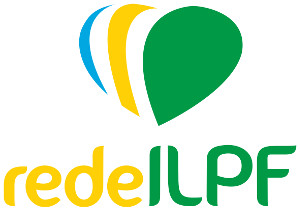
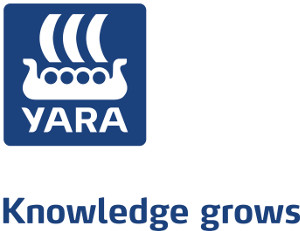



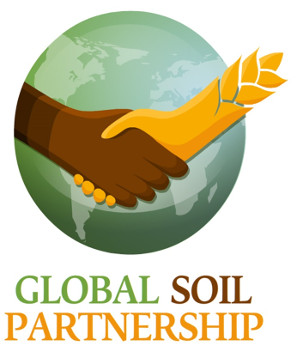
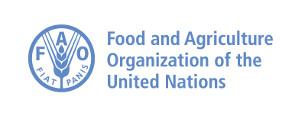
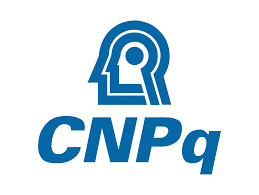
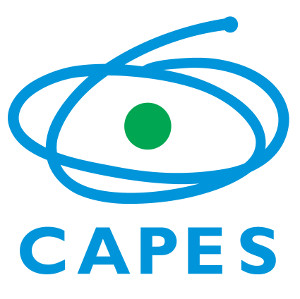
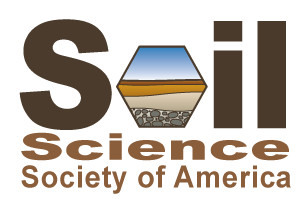
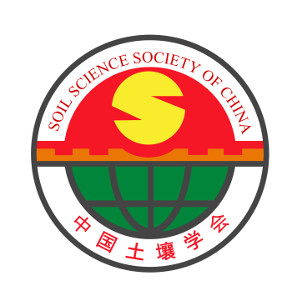
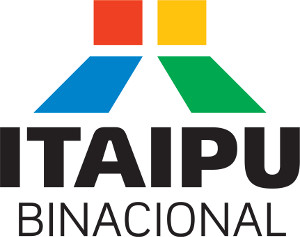


Além Mar/ Li-Cor
British Society of Soil Science
Copernicus
DFG- Deutsche Forschungsgemeinschaft
Euro Soil
InterMag
Livraria UFV
Marconi
Neobio e Microanalysis
Spectral
Tecnal
Tourism Toronto
Umwelt-Geräte-Technik GmbH
AMS, Inc.
Astro 34
CSIRO Publishing
Elsevier
European Commission
Gasmet
Jacto
MIDI
Ralco
Sentek
Soilmoisture Equipments
Springer
© 2017 21st WCSS - All rights reserved
Sociedade Brasileira de Ciência do Solo (SBCS)
Departamento de Solos - Edifício Sílvio Brandão, s/n
Cx.P. 231 - Campus da UFV CEP 36570-900 - Viçosa-MG
Fone: +55 31 3899-2471 - sbcs@sbcs.org.br; www.sbcs.org.br